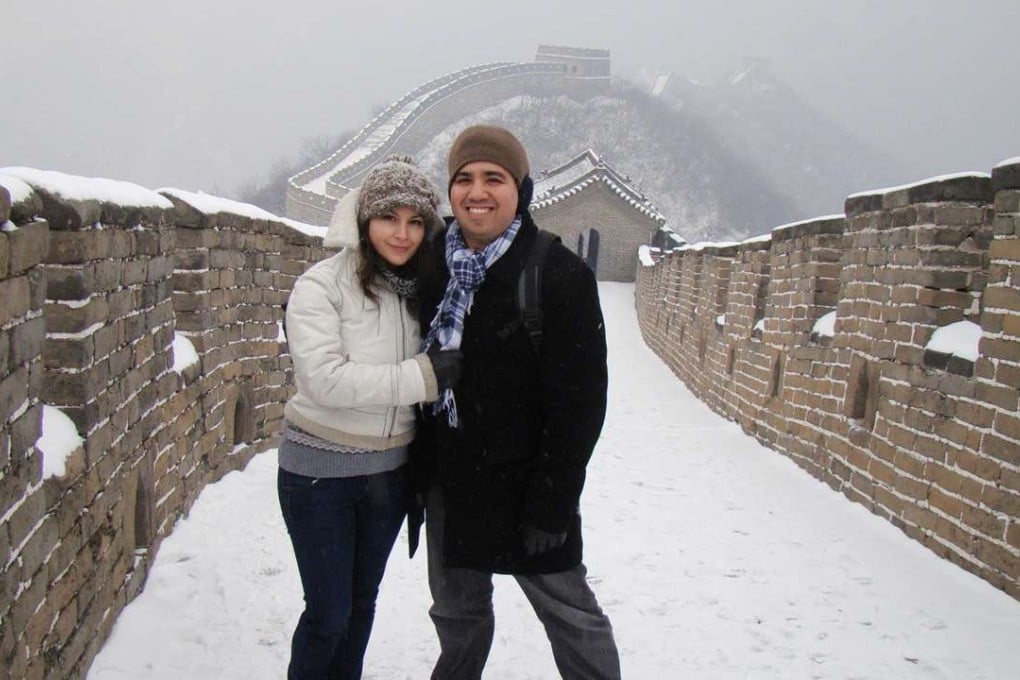Locals come first: the end of the golden era for expats in China?
Rising living costs, new visa rules and a move towards hiring locals are making life on the mainland harder for foreigners, expats say

When American Bob Furnow first came to China in the mid-2000s, he found a country open to outsiders. A decade on, he feels a growing and official resistance to expatriates.
“I think the sense now is the fewer foreigners in China, the better,” the management consultant and entrepreneur told the Post from his home in Beijing.
“I think there’s a sense that the country needs to be Chinese.”
Furnow is not alone. According to an HSBC survey, China has been slipping down the rankings on attractiveness to expats, from third place out of 34 countries in 2014 to 34th place out of 45 this year. An InterNations survey found a similar trend, ranking China 38th out of 61 countries in 2014, and 48th out of 57 this year.
An HSBC spokesman said the trend was due to new entrants to the survey putting downward pressure on the league table, while InterNations founder Malte Zeeck said falls in China’s quality of life and family life index were behind it.